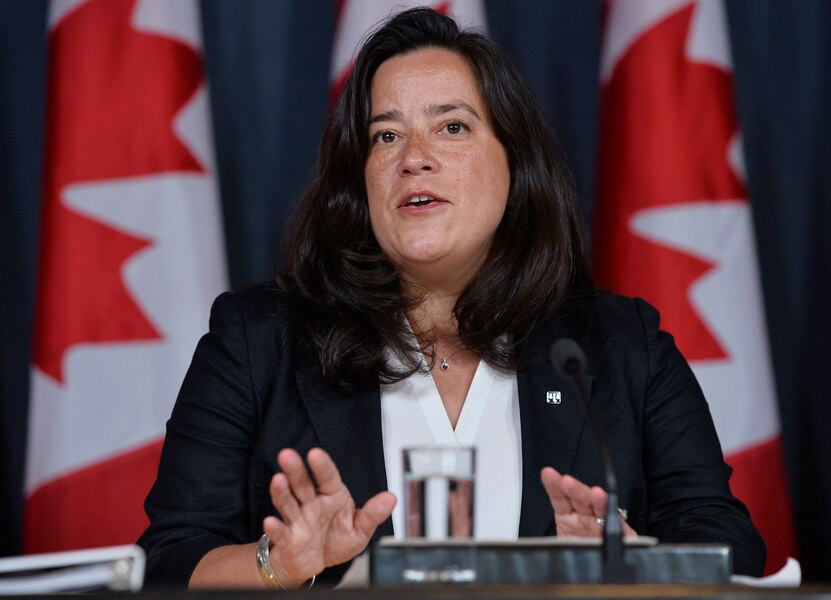Justice reform: the federal government reviews the jury selection and preliminary investigations

Archival Photo, QMI Agency
The minister of Justice, Jody Wilson-Raybould
QMI agency
Thursday, 29 march 2018 14:36
UPDATE
Thursday, 29 march, 2018 18:39
Look at this article
OTTAWA – struggling with a system impaired by time, and difficult of access, the federal government moved forward Thursday with a major reform of the justice in the country. If the opposition has welcomed the acceleration of procedures, much remains to be done, ” she warns.
“It is a change of culture in the face of problems that undermine the courts for too long,” said Thursday the minister of Justice, Jody Wilson-Raybould, in introducing bill C-75.
The legislation is a response to the issues raised by the supreme Court in rendering the judgment in Jordan, including the time limit imposed on the duration of the trial has caused a number of judgments of procedures for 2016.
A faster process
The legislation addresses, among others, preliminary investigations. This stage during which the parties will evaluate the evidence prior to the commencement of a trial will now be reserved for crimes punishable by life in prison.
This will reduce by 87% the number of cases requiring a preliminary investigation, according to the ministry of Justice.
Bill C-75 also comes reclassify more than 130 offences punishable by 10 years in prison and under hybrid offences. For this type of offence, a judge may decide to proceed by summary conviction rather than by indictment, thus speeding up the procedures.
Still have work to do
The opposition parties have welcomed as a step in the right direction for the reduction of delays.
The conservative Party has, however, recalled that the government had still not solved the problem of the lack of judges in this country. “Over there, there is no reason for there to be time. It drags out for two years”, has criticized the spokesman of the official opposition in the field of justice, Pierre Paul-Hus.
The New democratic Party has blasted his side for the lack of courage of the liberals, who have not abolished the mandatory minimum sentences imposed under the Harper government. “It was one of their great promises and they have still not acted,” said the critic néodémocrate in the field of justice, Alistair MacGregor. Minister Wilson-Raybould has said to consult further with the provinces on this issue.
Indigenous and vulnerable populations
Several measures are planned in order to make justice more accessible and more sensitive to the realities of indigenous peoples and populations over-represented in prisons, such as drug addicts or the homeless.
The bill abolishes, among others, the peremptory challenge of jurors, under which the defence or the crown could exclude jurors without cause. A juror will always be able to be excluded, but it will have to be justified and approved by the judge.
According to Ottawa, the measure would allow juries more representative in cases involving aboriginal communities, for example, like the one that led to the acquittal of Gerald Stanley in February last for the murder of Colten Boushie in Saskatchewan.
The process of bail will also be eased.
For its part, the parliamentary Group in quebec has risen to see that bill C-38 on the trafficking of people was going to have to start at zero by being coupled to (C-75.
“During this time, adolescents continue to be victims of pimps. It is a nonchalance terrible”, was sorry the member Rhéal Fortin.



